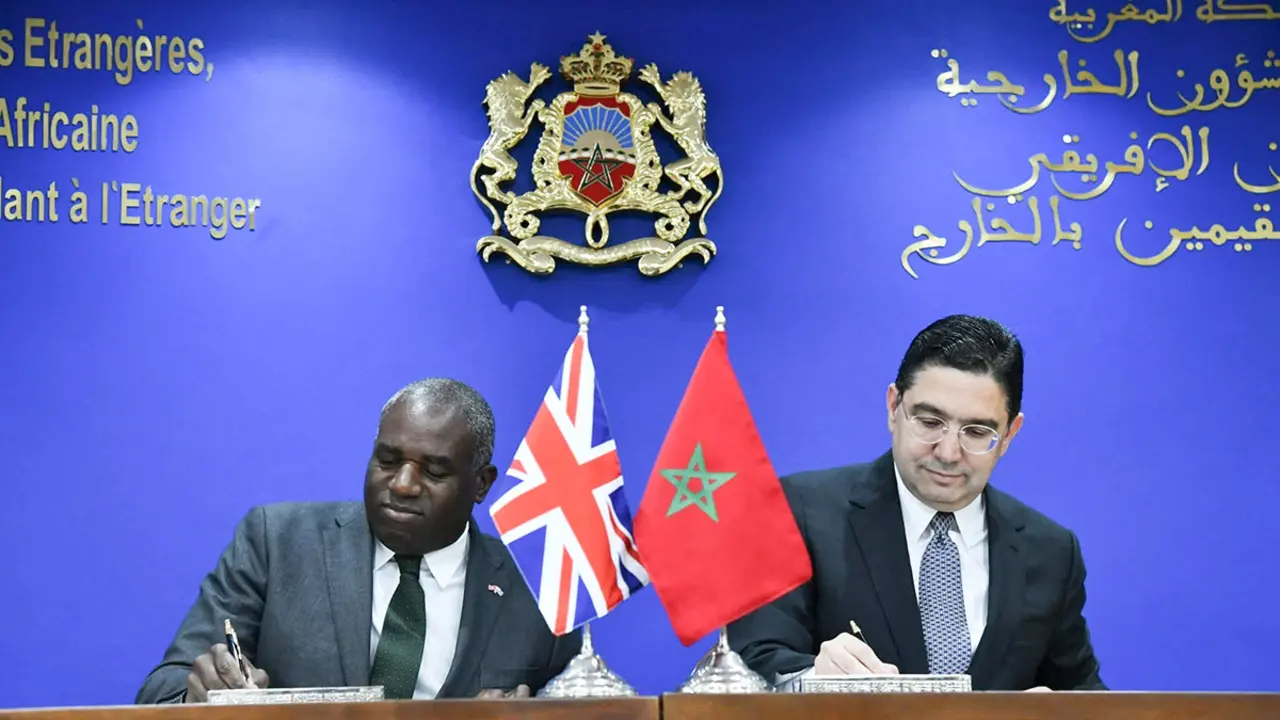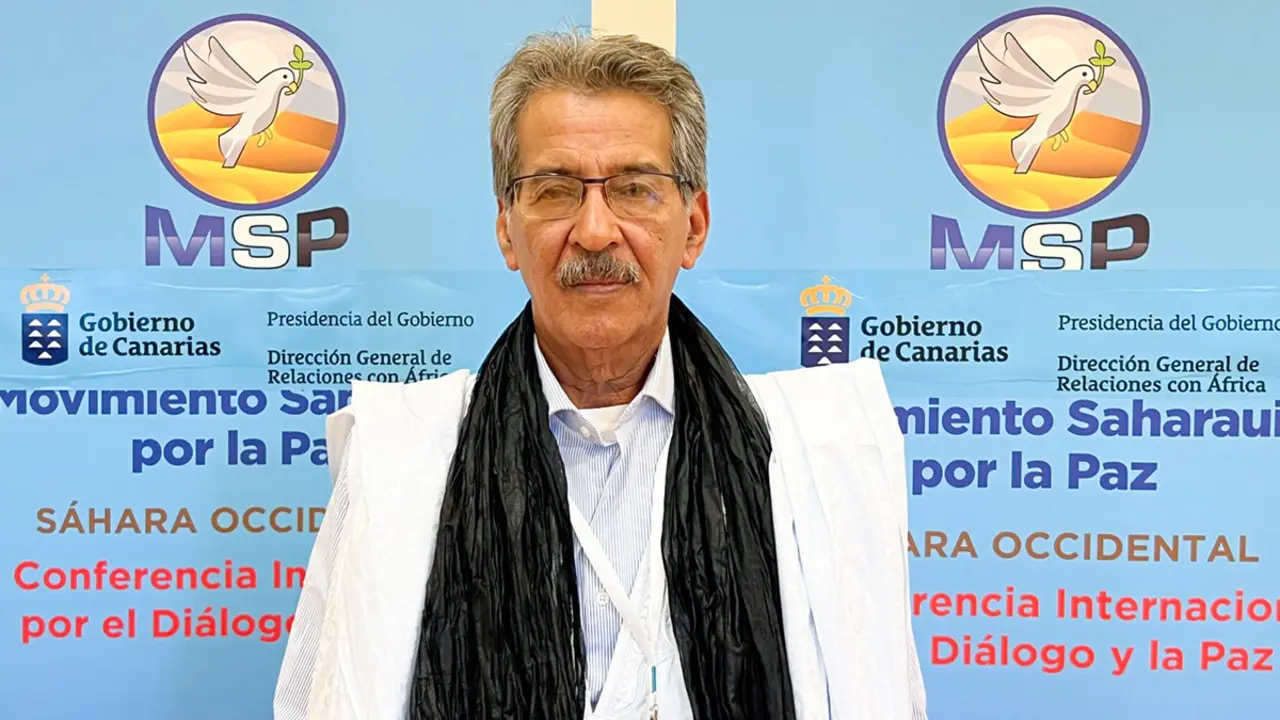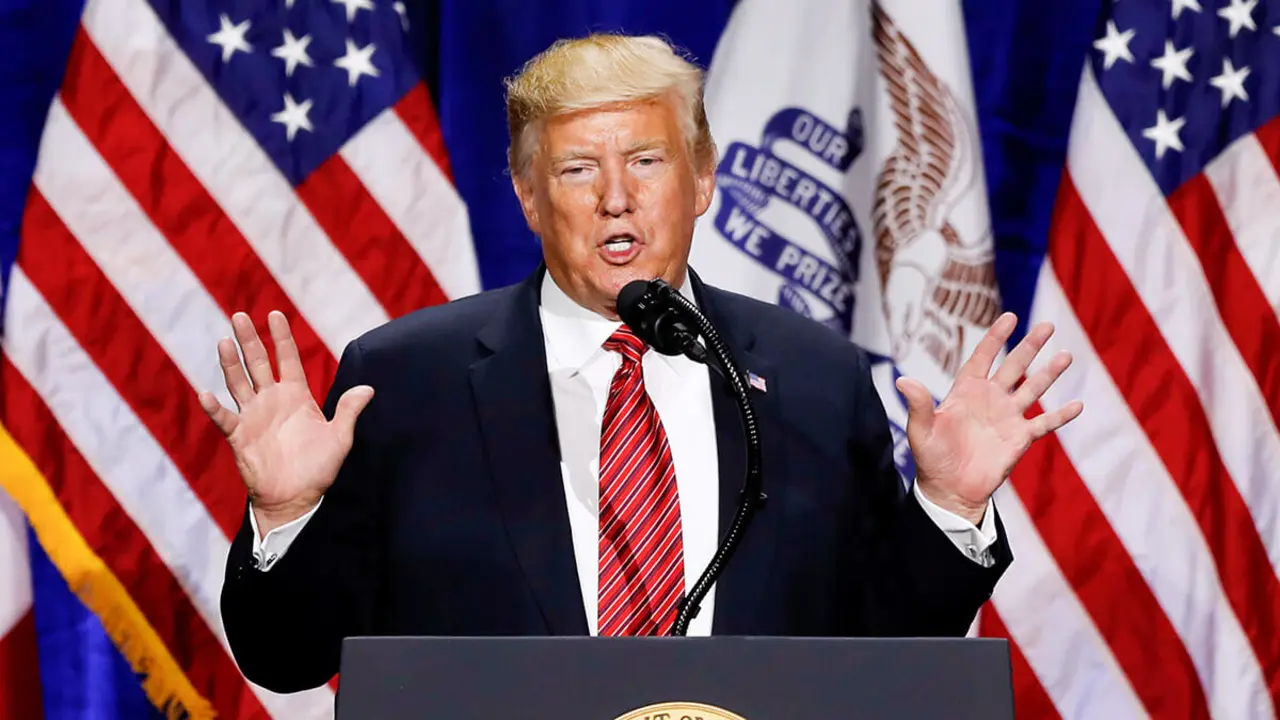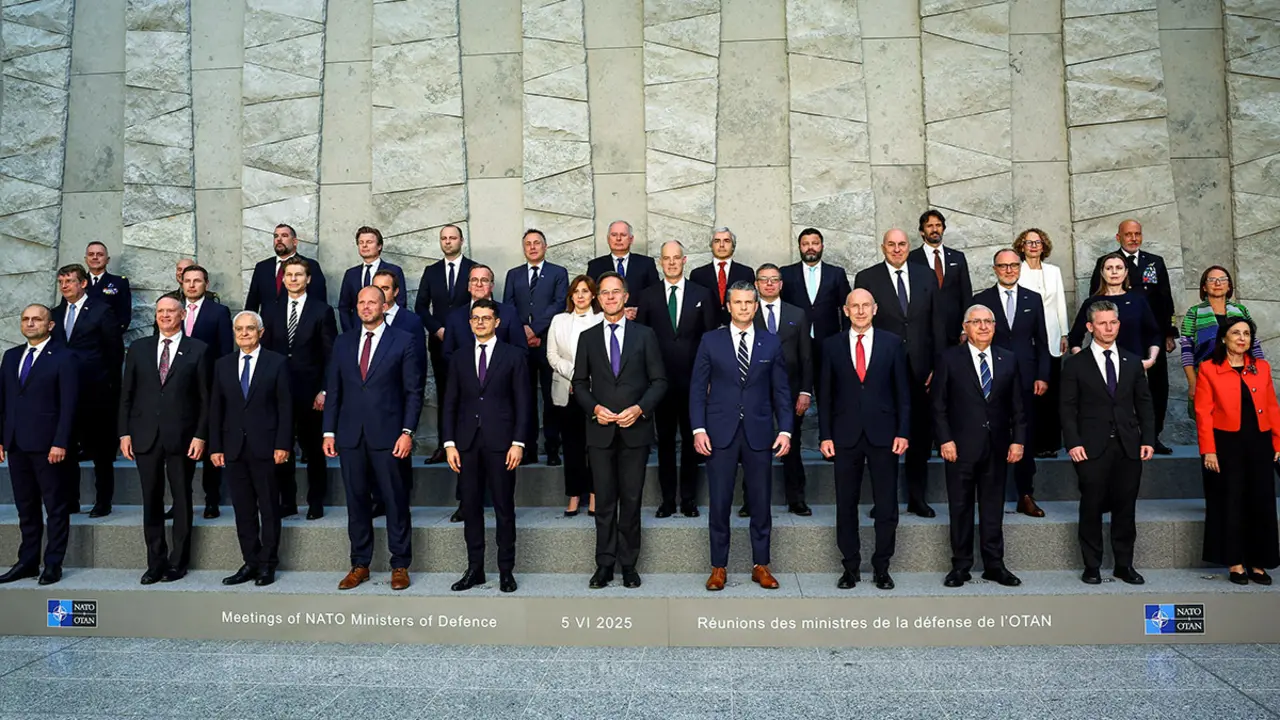Spain's foreign policy at the time of the COVID-19

The COVID-19 crisis is having an enormous impact on countries and territories, above all on their development. This pandemic places us on a terrain full of uncertainties that will leave us with a different world. For all these reasons, it is more necessary than ever to reaffirm the imperative need for international cooperation.
The digital meeting which took place this morning, thanks to INCIPE, under the title 'Spanish foreign policy in times of COVID', and which featured the participation of Cristina Gallach, Secretary of State for Foreign Affairs and for Latin America and the Caribbean of the Spanish Ministry of Foreign Affairs, the European Union and Cooperation, as well as the intervention of Manuel Alabart, Spanish Ambassador and Secretary General of INCIPE, and Vicente Garrido, Director General of INCIPE.
A digital meeting via youtube in which issues related to the future of international relations and Spanish foreign policy in times of the COVID-19 pandemic, which has influenced all aspects of diplomacy and relations between countries, were addressed.

According to Cristina Gallach, we must recalibrate the response of Spanish cooperation as a whole to the greatest challenge we face today. The crisis situation with a response that reinforces the humanitarian and development nexus and that combines a strategy to mitigate the impacts of the pandemic in all its dimensions.
A response that must learn from previous successes and mistakes in order to propose the reforms required in policies and institutions to prevent new crises from arising. A response in which we must not lose sight of the fact that we are facing a crisis that comes on top of other pre-existing crises and needs that are as serious as or more serious than COVID-19, and yet will be exacerbated by this pandemic.
The pandemic has shown the transcendental role played by public institutions and services in mitigating vulnerability and guaranteeing public goods at each and every level of government. It is undeniable that the pandemic has led us to a new scenario. One in which it is imperative to advance the ODS.

The strategy sets out five priorities and details how they will be taken forward through three different specific response areas:
"The first axis is to strengthen democracy and the rule of law and the promotion of human rights; secondly, to promote regional integration and a multilateral order based on respect for common rules; thirdly, to promote an integrated and equitable global economy; fourthly, to develop sustainable policies within the framework of the Agenda 2030 in the fight against climate change; and finally, a major axis based on the defence of the universalisation of essential instruments such as digitalisation and connection so that no one is left behind", according to the Secretary of State.
This strategy is based on a vision of the future for the moment when the pandemic is overcome, which consists of urgently tackling the profound systemic transformations necessary to make Agenda 2030 a reality, as well as the Paris Agreement, through renewed and strengthened global governance, which also integrates the lessons learned from the management of the current crisis and the possible emergence of new systemic risks.
The strategy establishes five priorities; and, as Gallach details, they will be promoted through three specific areas of response: emergency aid, the multilateral arena, alliances and citizen mobilisation "the main focus of our response being the generation of citizen commitment to this interdependent, cosmopolitan, global and transformative vision of the solution to this crisis".

The enormous uncertainty associated with the moment when the health crisis can be considered globally under control, giving way to the re-launch and acceleration of Agenda 2030 in the post-crisis period, makes it advisable to maintain an open time horizon, with an agile updating mechanism. But it is important to stress that the period this response is intended to cover is the one remaining until the availability and accessibility of the vaccine and treatments, which can probably be extended in time.
According to Gallach: "We have much to contribute from our experience to other countries, and to learn from them, as in the global management of this crisis. The experience gained in managing the crisis, in territories and cities, is of extraordinary value. We have capabilities and experience in international development cooperation, and in supporting south-south and triangular cooperation, which is highly valued in the international environment".
This crisis has also highlighted the structural limitations of the Spanish cooperation system. It has become an opportunity to rethink the strategic objectives of Spanish cooperation as a new and strengthened state policy. The response to this crisis will serve as a lever for change in the international cooperation system on a global scale, and we must do this in our country, as Gallach pointed out.
The pandemic has also highlighted the seriousness of climate change and the necessary preservation of biodiversity; it has shown that health, the economy and the environment are interrelated.
Spanish cooperation as a whole has great potential and an enormous wealth and diversity, and is powerfully deployed abroad, including Technical Cooperation Offices, Training Centres and Cultural Centres, delegations and representations of Autonomous Communities and NGDOs, and active programmes of all public administrations.








